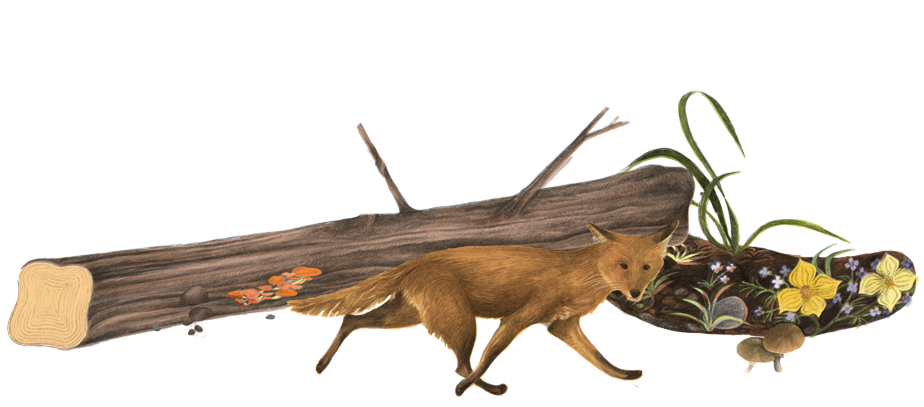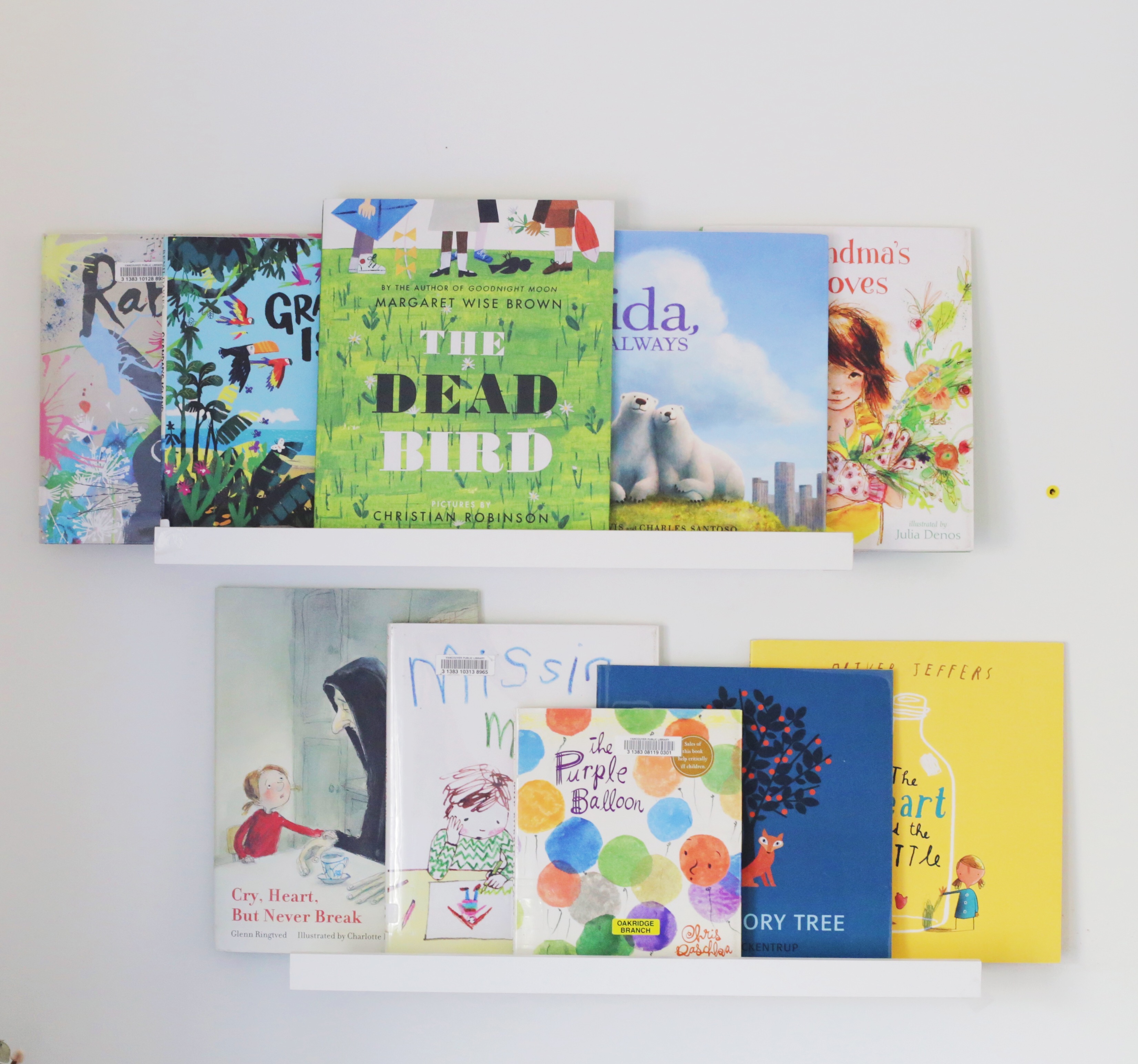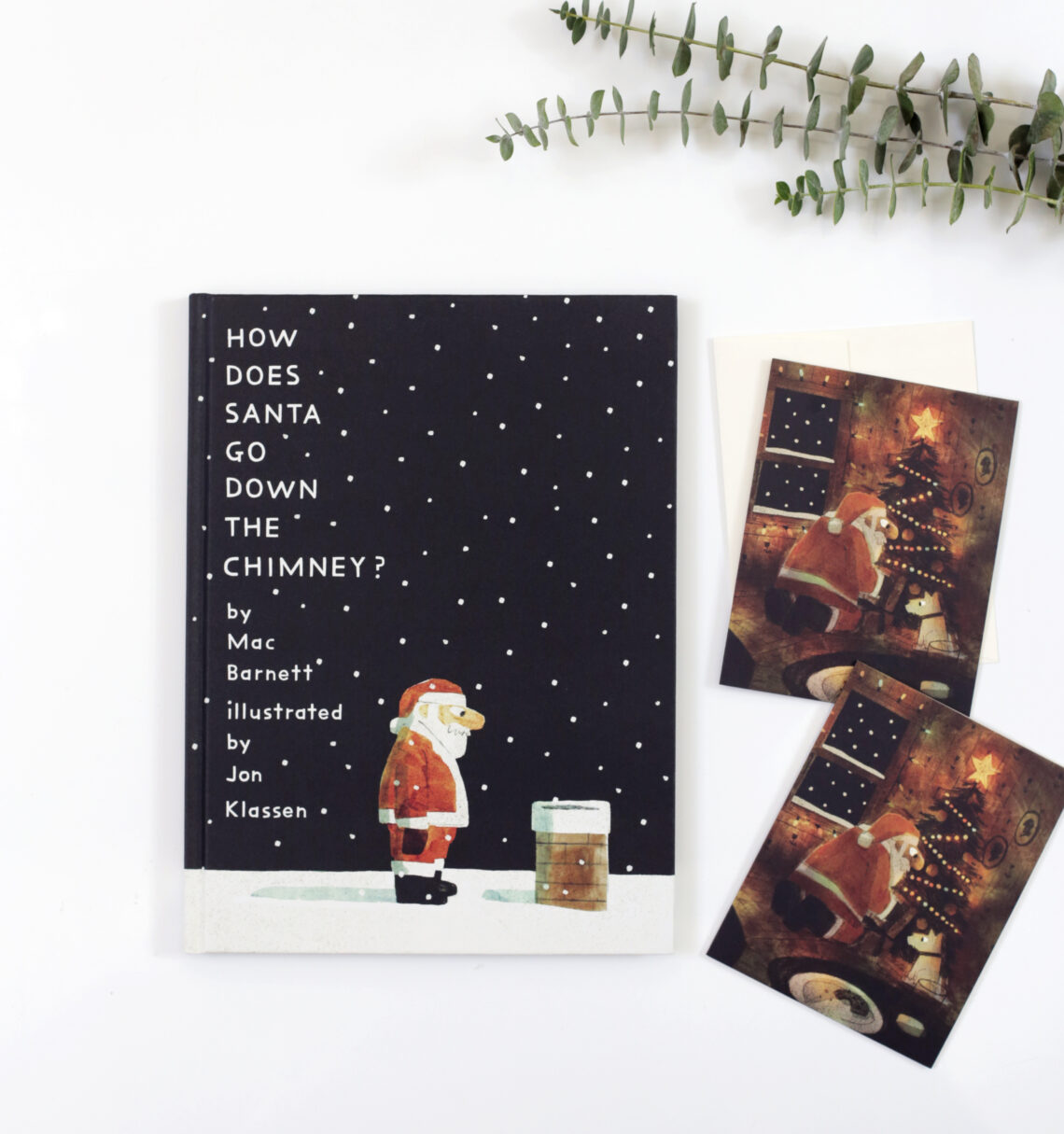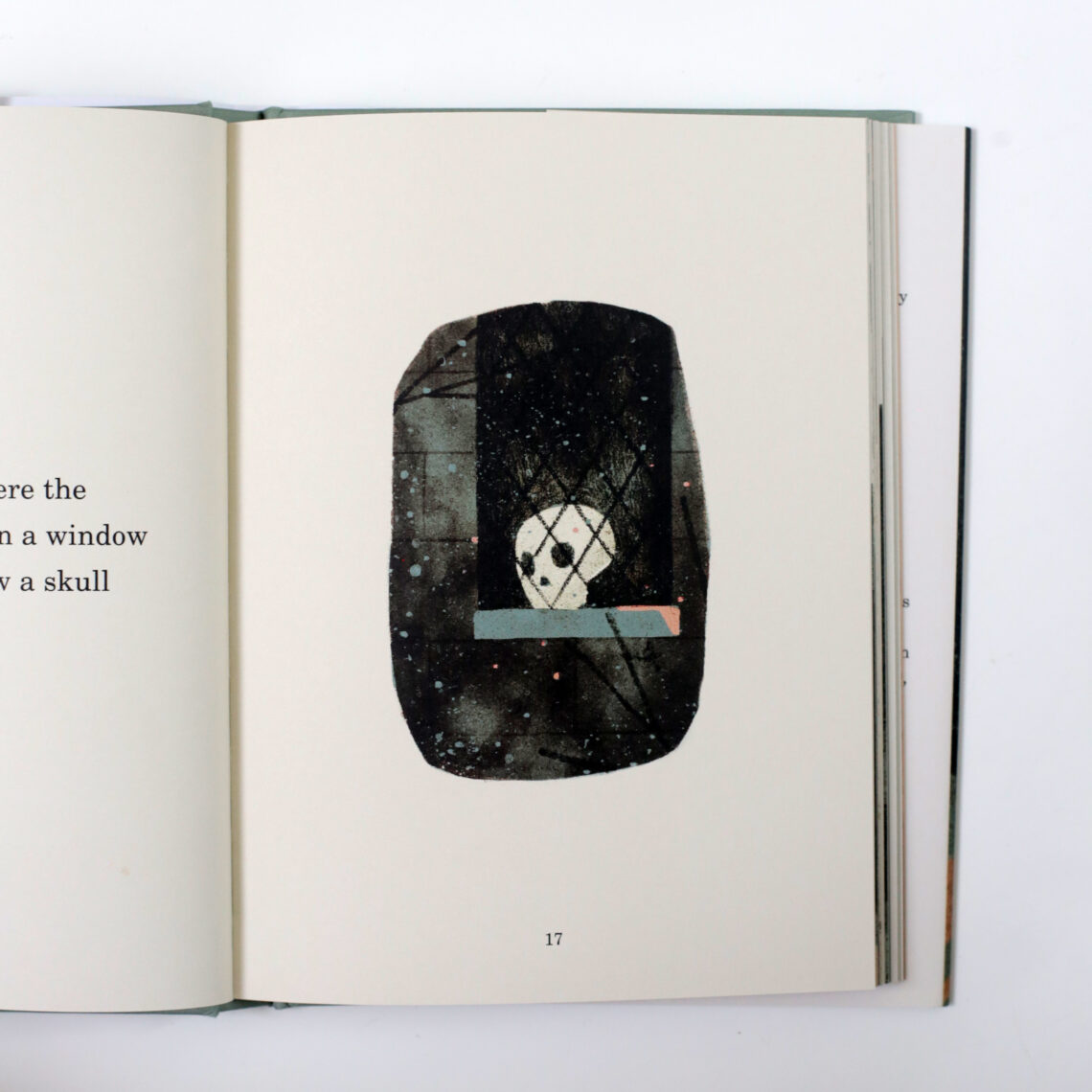When I was six years old my father became ill by the time I was seven he had passed away. Seeing his health decline was painful and tumultuous. He didn’t live to see his 40th birthday, and we were the first family anyone knew who’s parent had died of cancer.
The day will remain so clear in my mind. My little sister and I had a two-day sleepover with our cousins and they treated us to a movie. The movie was The Muppets Take Manhatten and I’ll remember the drive home too. It was one of those sunny Texas days scattered with a few sparse rainclouds, if you have never experienced this, it’s something to behold. While you are surrounded by sunshine you can drive through tiny patches of rain in the very same minute – sunshowers. When we arrived at my house, there was a party! Like a full-on, people stepping over our little picket fence into the grass party, but no one looked happy.
The first things I noticed was no one would look at us, and I didn’t think they were mad at us but I felt uncomfortable in my own home for the very first time. As I looked for my mom, my Granny appeared and she hugged us and didn’t smile and my Grandpa walked up behind her and put a tiny gift into my hands and just hugged me.
At his funeral, even though I had seen my dad, touched his hand, and cried my heart out I didn’t fully grasp what was happening. I would go on for many years to think my dad was just away and wonder when he would be back or why he left. One thing I had learned was that no one wanted to talk about it, especially adults so my seven-year-old brain was left to sort out my feelings and to try to comprehend what death actually was. Like any child who adores their parent, for me, this meant he would be back. So I didn’t spend much time grieving but more time waiting for his return. My three sisters and I each dealt with my father’s death differently.
No one ever told me it was okay to be sad or that I would have stages of grief. I think back then maybe adults didn’t want kids to be sad or think about these things. At least not the adults I was surrounded by, and while I know their intentions were good, I spent part of my childhood struggling with the idea of death. This was at a time when Sesame Street was making breakthroughs in television, they were considered one of the first to introduce death to children when their beloved character Mr. Hooper passed away, an episode I never saw.
It’s ok for children to be sad because they will be. Preparing or explaining death to children is empowering them and although it may not feel that way, talking about death can be a form of comfort.
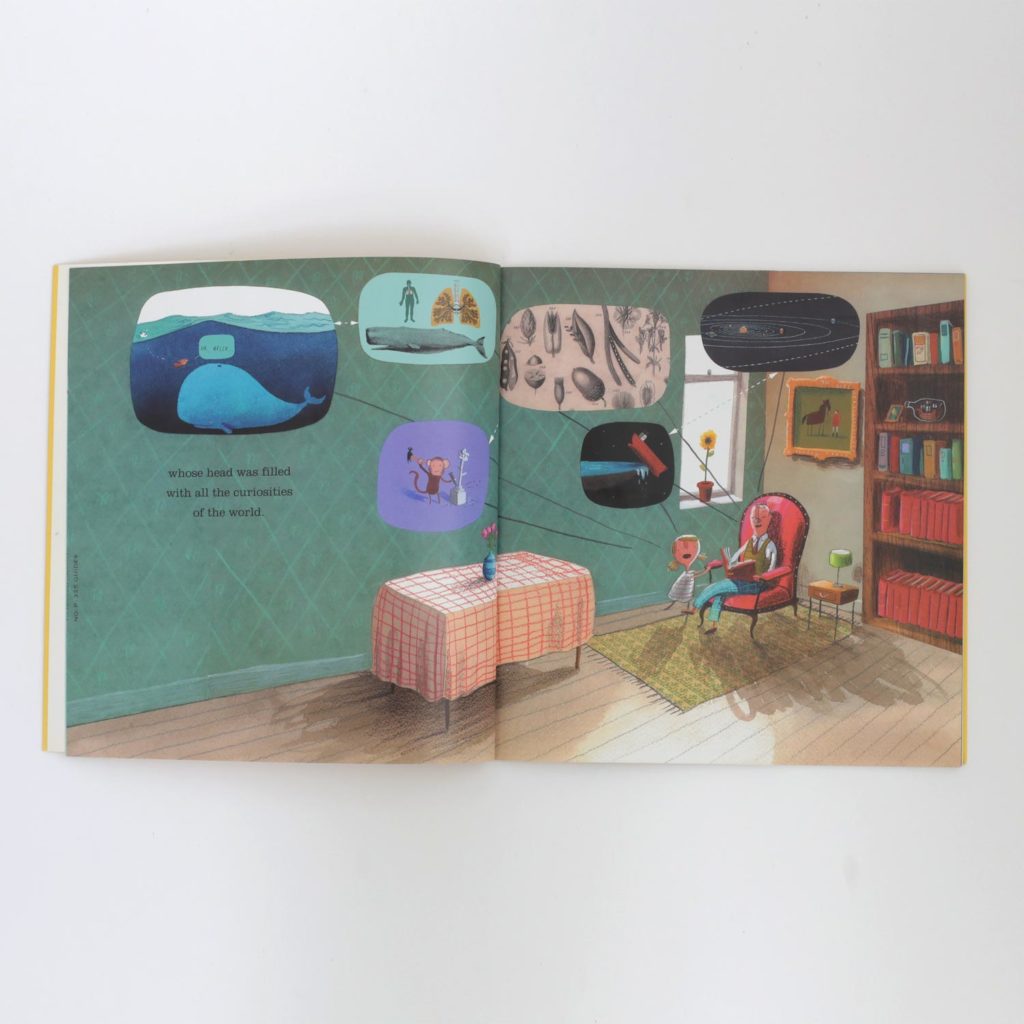
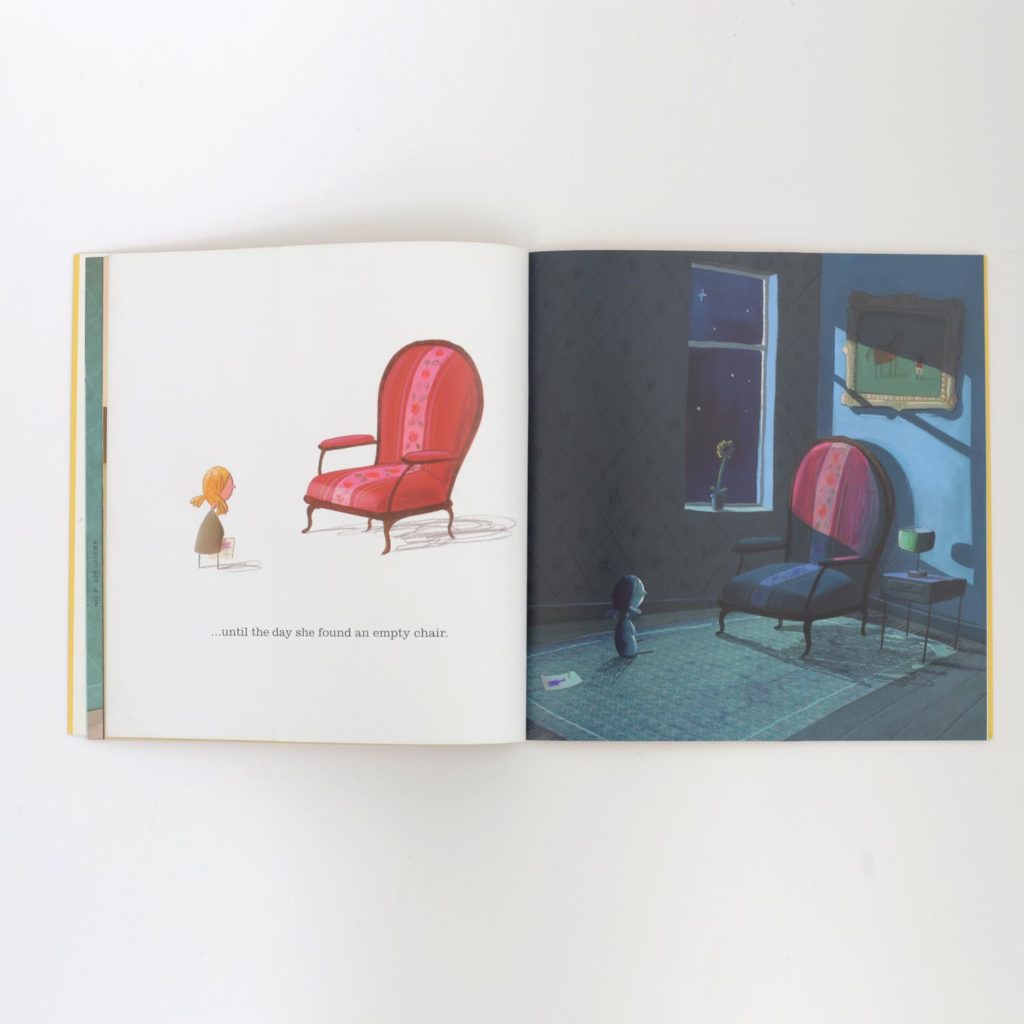
In Oliver Jeffers book ‘The Heart in the Bottle’, I appreciate the feeling of sadness, and emptiness children cannot often express.
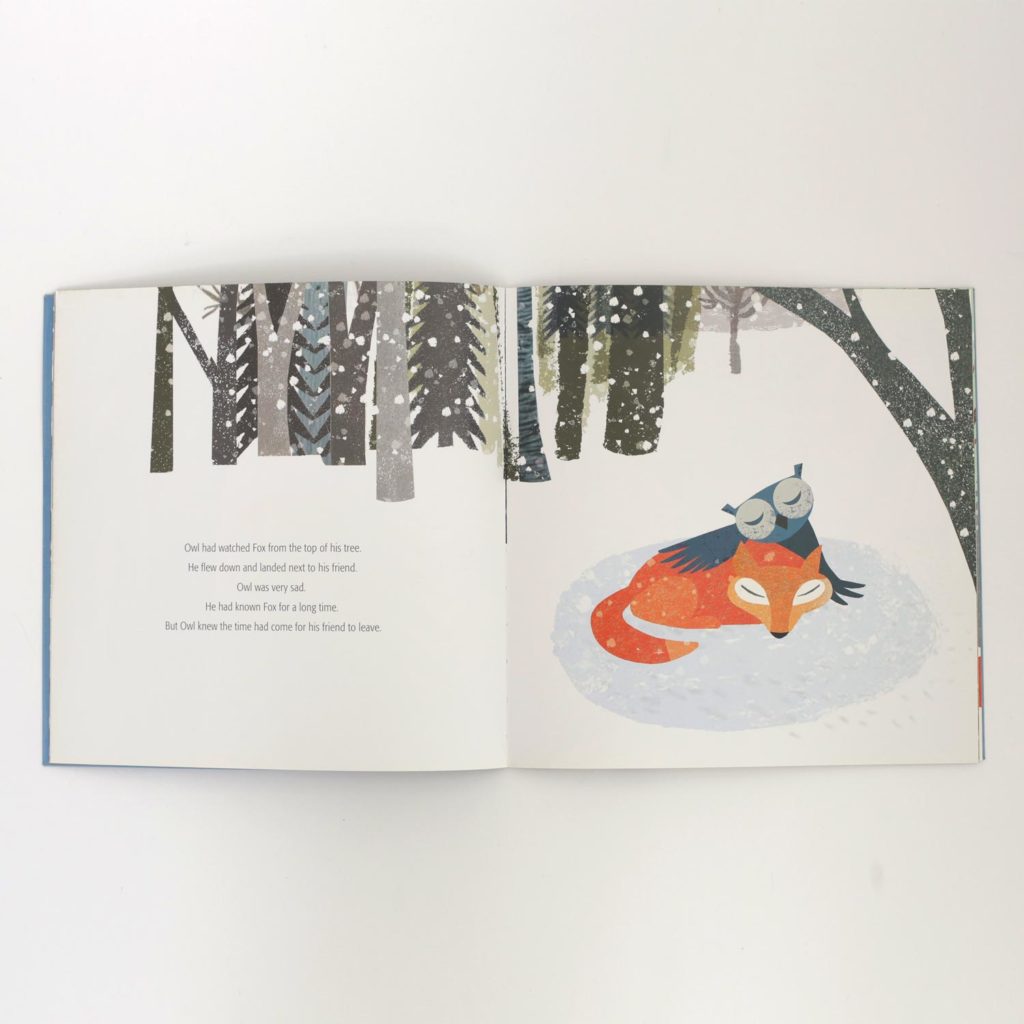
‘The Memory Tree’ by Britta Teckentrup we are reminded how when someone leaves us, their memory lives on.
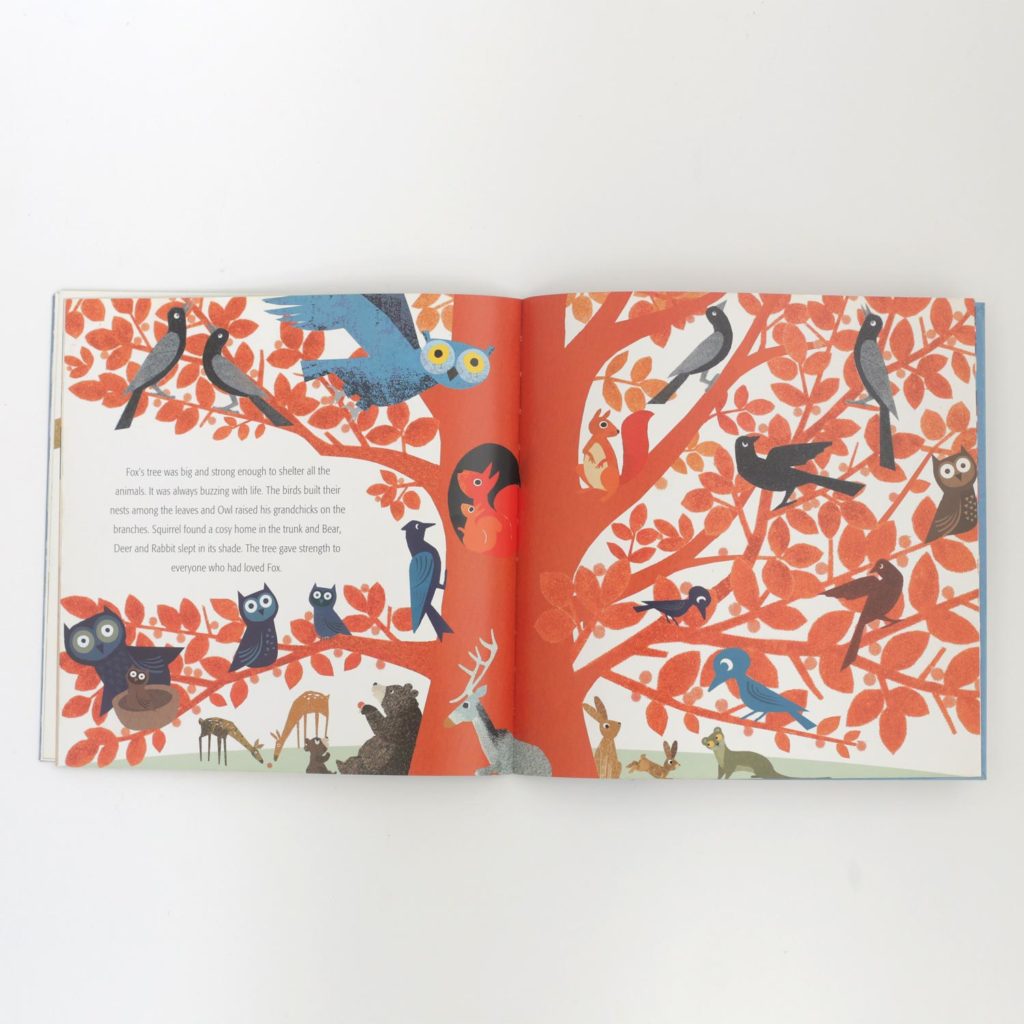
” The tree gave strength to everyone who had loved the fox”
There are so many more, and I would love to share a bit on each one but some are too tender and some are just enough. I hope you will read all of these at some point so that you can find the right book for a child who needs it.
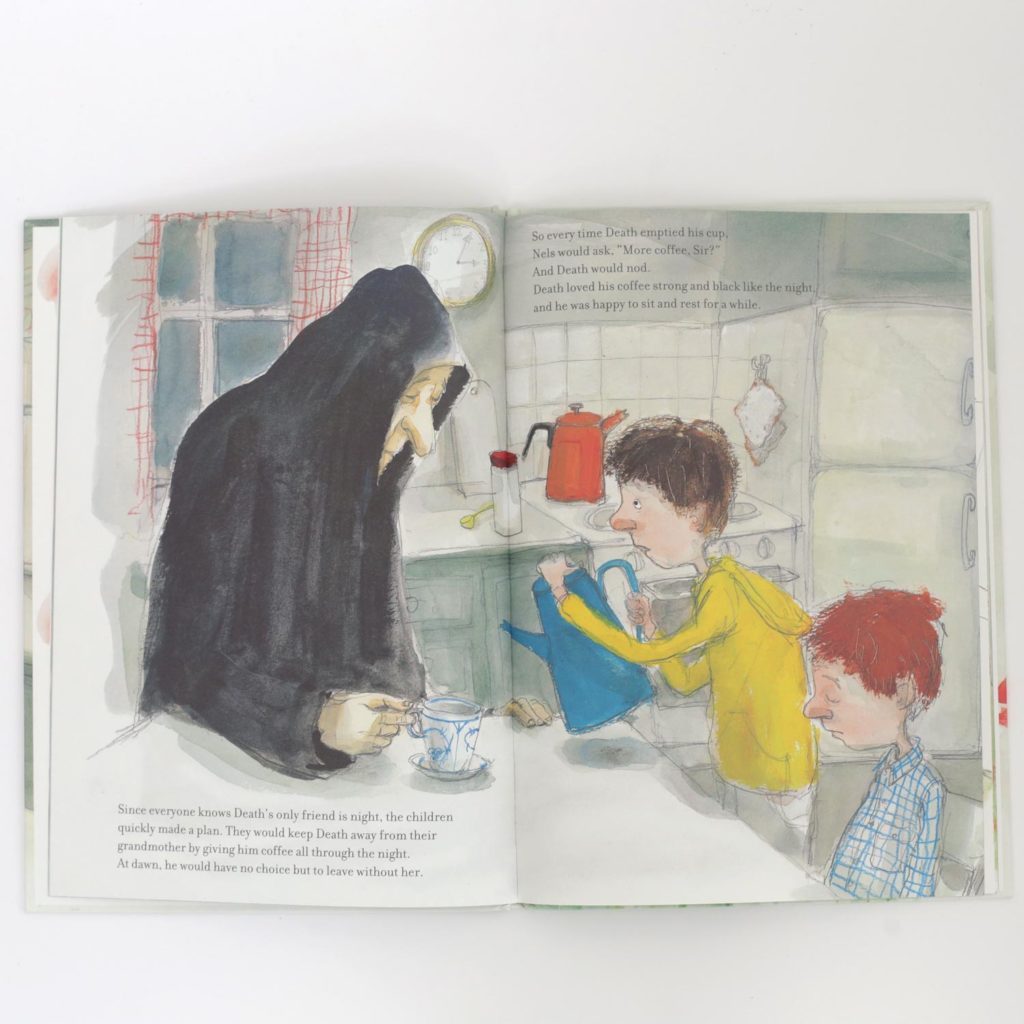
‘Cry Heart, but Never Break’ begins with Death personified, showing up to take four young children’s grandma. It sounds dark and although Death appears old and capped, he is very tender. This spread tugs at my heart. The children believe Death only works at night, so if they give him enough coffee dawn will break and Grandma will stay.
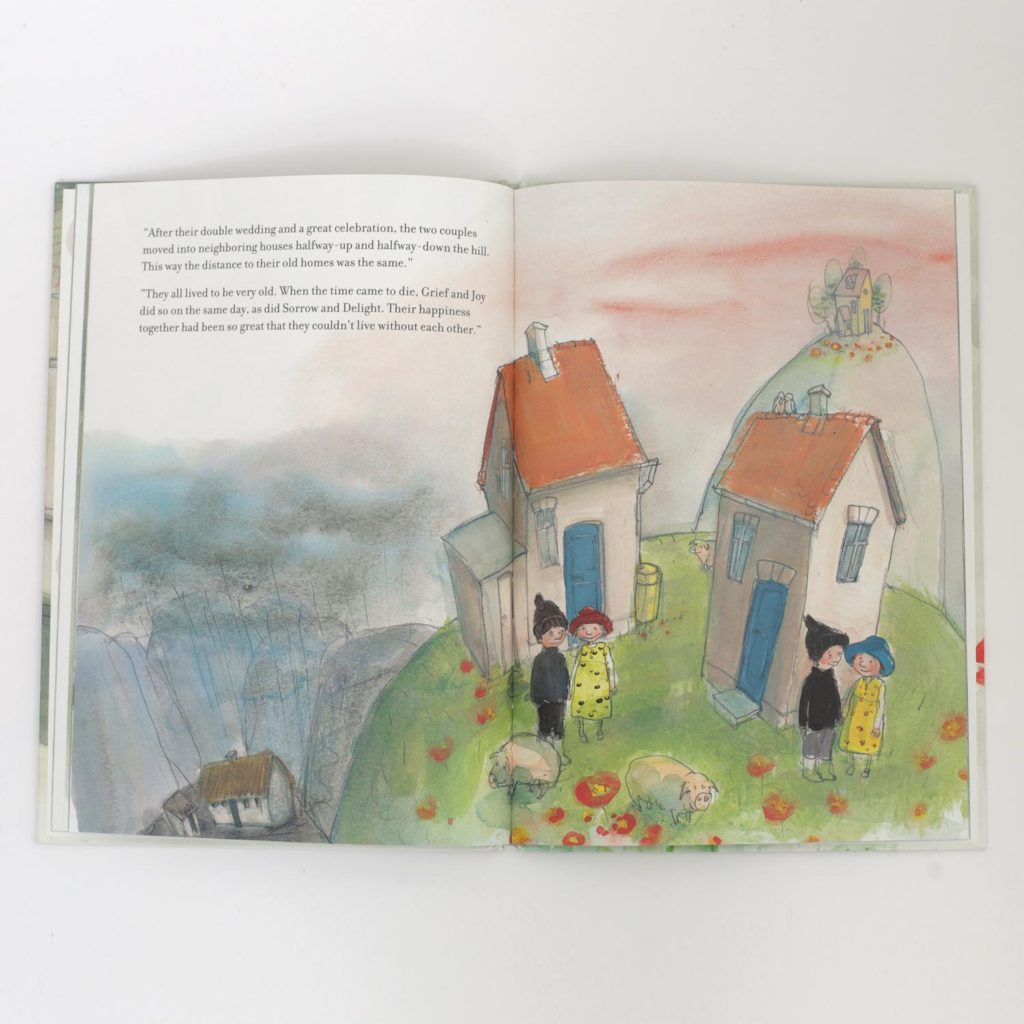
Death tells them a story about Sorrow and his brother Grief who marry Joy and her sister Delight and how they meet and fall in love. One could not live without the other.
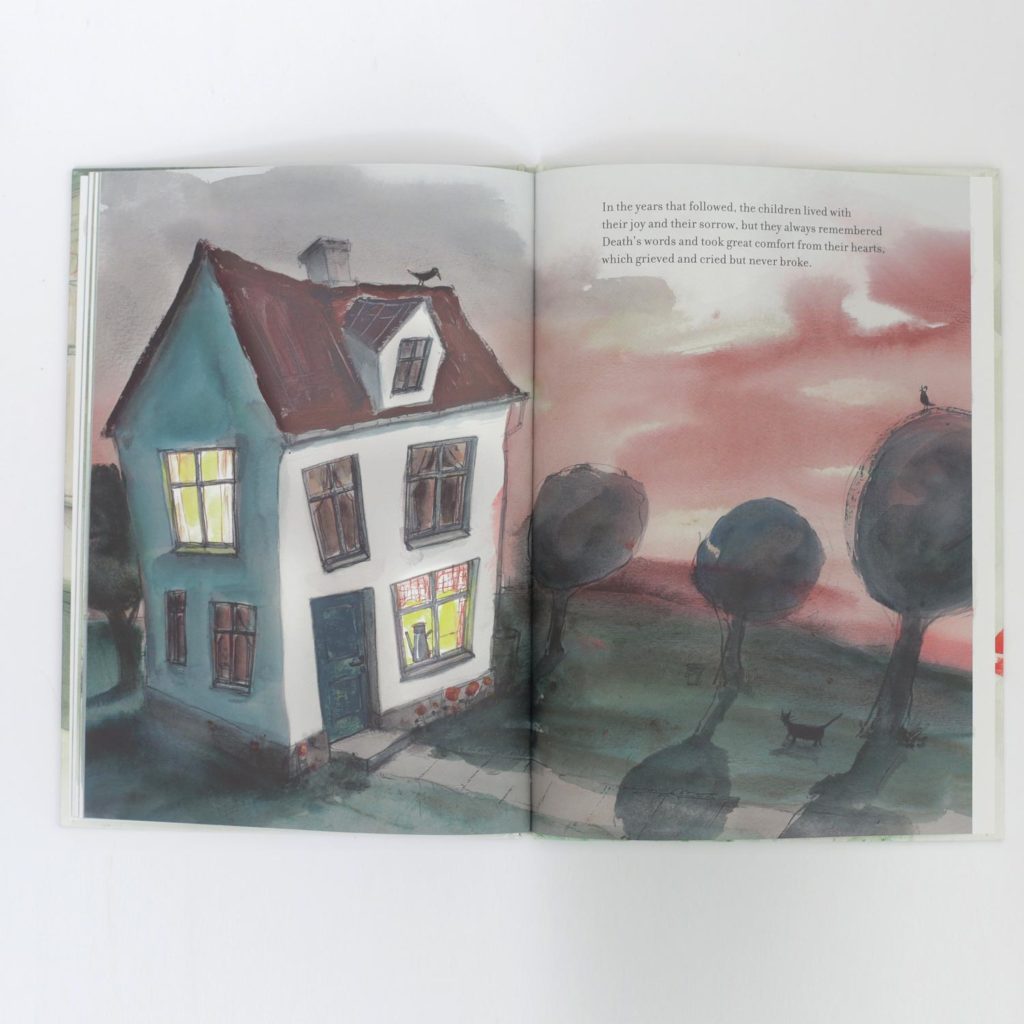
“In the following years that followed, the children lived with their joy and their sorrow, but they always remembered Death’s words and took great comfort from their hearts, which grieved and cried but never broke.”
This is a free downloadable book list for grief and bereavement:
